In 2015, Armenia, the Armenian diaspora, and their supporters all over made every effort within their means to make the genocide narrative regarding the Armenian revolts in the ending days of the Ottoman Empire and the related events receive the highest level of public acceptance. In that year, one hundred years after the complex and traumatic set of events that took place in 1915, many people in Armenia and the Diaspora were holding the naïve expectation that Turkey would buckle under the pressure exerted on it and be forced to accept Armenians’ self-consuming narrative.
The problem with this expectation was that it was disconnected from reality, because neither Turkey nor the Turkish society had any basis or inclination of accepting such a narrative. It is apparent that many Armenians sincerely believe in the genocide narrative and have turned it into the bedrock of their identity. But with the historical research that had been conducted up until that time about what transpired during the Armenian revolts and their aftermath, it was evident that the genocide narrative with a couple of versions incessantly repeated by Armenians was not congruent with the information at hand. The issue was not about whether or not Armenians lost their lives or suffered (the fact that they lost their lives in great numbers and suffered tremendously is an accepted fact by Turkey), the issue was twofold for Turks: 1) Armenians’ wrong application of the clearly defined legal term “genocide”, and 2) Armenians’ denial of the equally heavy losses of Turkish lives. To accept the Armenian accusation disconnected from historical and legal realities and as a consequence of that, take on the legal and moral burden that would come with such an erroneous acceptance, would have been downright absurd for Turkey.
More than a year has passed on by since 2015, and things did not, in any way, turn out the way Armenians had hoped. As such, we at AVİM, hold the conviction that the state of Armenia, the people of Armenia and the Diaspora, and Armenian intellectuals and thinkers must come to the realization that their current line of approach to Turkey and to Turkish society in general regarding past events does not produce positive or productive outcomes. Making shallow analyses of Turkey and the Turkish society, portraying it as a country that callously disregards what happened in the past because the “truth” does not suit its interests or that it lacks the capacity or is simply not ready yet to cope with the “truth” of the past is not the proper way to understand Turkey. As any other country, Turkey and the Turkish society have much more common sense than that, and there is an active and lively discussion about not only about what happened in the ending days of the Ottoman Empire, but also a whole bundle of related historical issues.
It is to be predicted that initiatives taken by various Armenian groups with the purported aim of exchanging ideas with Turks and reconciling with them regarding past events and present disputes (the Repair-Repairing the Future platform is just one example of this[1]) with this biased approach are bound to fail. Such initiatives are great for gathering like-minded individuals, Armenian or Turk, who accept the genocide narrative and who hold a categorically negative view of Turkey, but not for bringing together people who think differently about the genocide narrative and Turkey. This does not mean that such initiatives are filled with people with exactly the same mindset, but such initiatives overwhelmingly produce the same ideas and clichés of the genocide narrative and accusatory analyses of Turkey and its society. As such, they do not have any fresh ideas; they are merely a repetition of what has been run of the mill. For someone who rejects the genocide narrative and/or for someone who holds more nuanced opinions of Turkey and its society, such platforms are at best useful for understanding the mindset of Armenians of different backgrounds with regards to the genocide narrative and their various approaches to Turkey and its society.
Such approaches and mindsets do nothing more than delay the true reconciliation between Armenians and Turks, and between Armenia and Turkey that any sensible individual would desire. Subjecting Turkey and its society to a constant barrage of accusations fueled by unsubstantiated genocide claims, holding to the belief that such accusations will result in gains from Turkey (like reparations or territorial concessions), mitigating or ignoring the scale and the danger of the Armenian revolts in the ending days of the Ottoman Empire, and pretending as if a massive number of Ottoman Muslims were not killed as a result of the actions of various armed insurrectionary Armenian groups (which, in current terminology would be referred to as “terrorists”) that operated within the Ottoman empire (or being ignorant of this fact) are deeply offensive for Turkey and Turkish society, and serve only to further block the way towards genuine reconciliation between two groups of people who have shared a millennium of history.
© 2009-2025 Center for Eurasian Studies (AVİM) All Rights Reserved

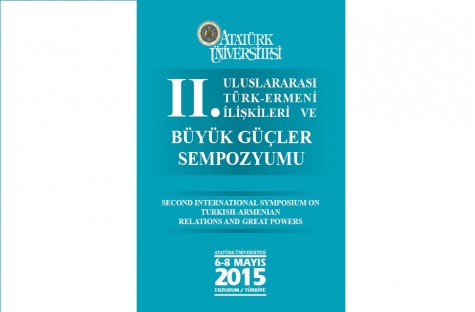 THE SECOND INTERNATIONAL SYMPOSIUM ON TURKISH-ARMENIAN RELATIONS AND GREAT POWERS ORGANIZED BY ATATÜRK UNIVERSITY IN ERZURUM ENDS TODAY
THE SECOND INTERNATIONAL SYMPOSIUM ON TURKISH-ARMENIAN RELATIONS AND GREAT POWERS ORGANIZED BY ATATÜRK UNIVERSITY IN ERZURUM ENDS TODAY
 AVIM WEBINAR VIDEO REMOVED FROM A SOCIAL MEDIA PLATFORM HAS BEEN REINSTATED
AVIM WEBINAR VIDEO REMOVED FROM A SOCIAL MEDIA PLATFORM HAS BEEN REINSTATED
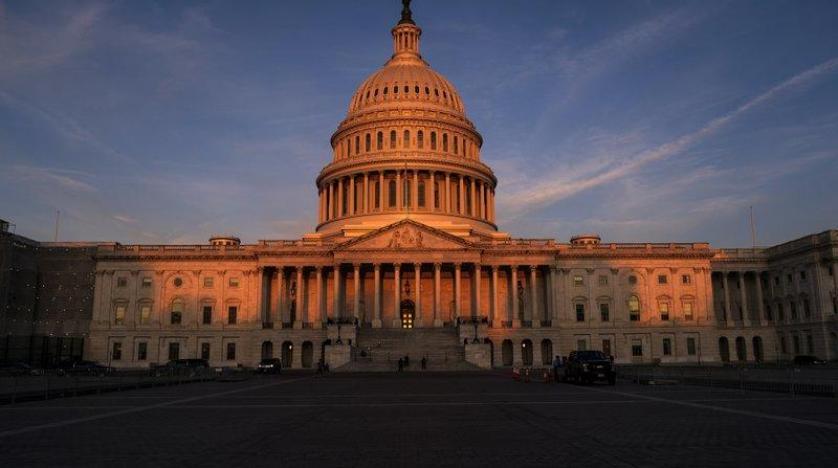 RESOLUTIONS ON 1915 CAME ONE AFTER ANOTHER FROM U.S. SENATE
RESOLUTIONS ON 1915 CAME ONE AFTER ANOTHER FROM U.S. SENATE
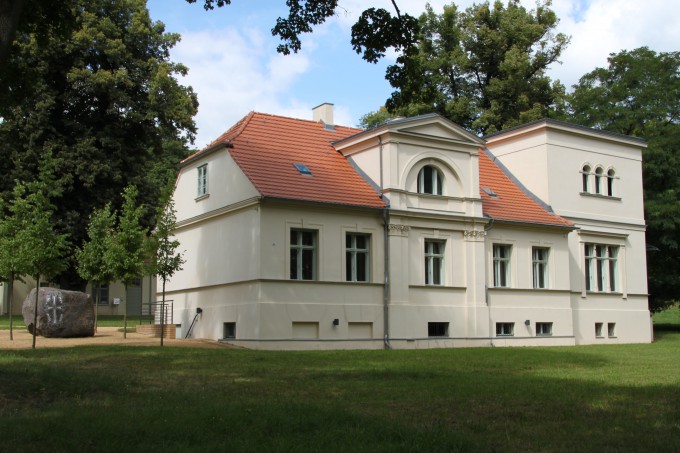 TWO STATEMENTS REGARDING 10TH WATS MEETING
TWO STATEMENTS REGARDING 10TH WATS MEETING
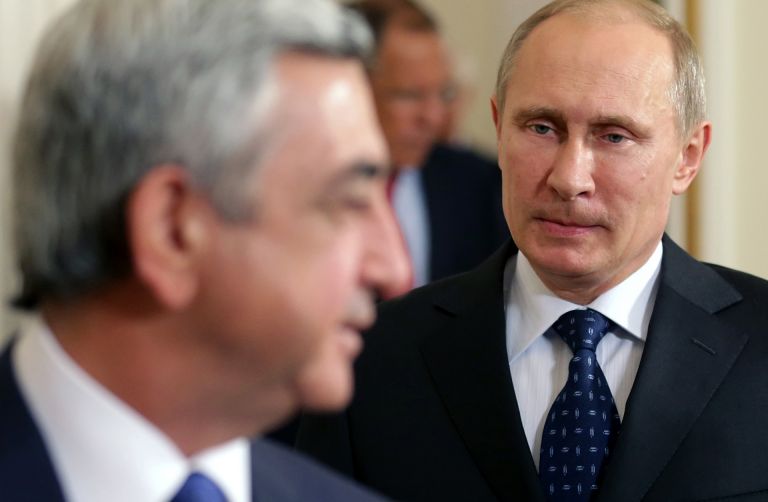 WHAT FUTURE FOR ARMENIAN-RUSSIAN RELATIONS?
WHAT FUTURE FOR ARMENIAN-RUSSIAN RELATIONS?
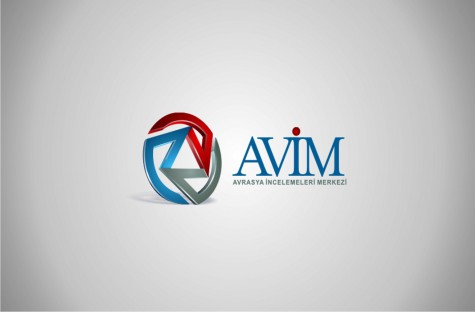 ARMENIA: RUSSIA’S “NEAR ABROAD” IN THE EAST - Özge Nur ÖĞÜTCÜ
ARMENIA: RUSSIA’S “NEAR ABROAD” IN THE EAST - Özge Nur ÖĞÜTCÜ
 THE DRAFT RESOLUTION APPROVED BY THE POLITICAL AFFAIRS COMMITTEE OF PACE
THE DRAFT RESOLUTION APPROVED BY THE POLITICAL AFFAIRS COMMITTEE OF PACE
 A MESSAGE OF CONDOLENCE FROM AVİM
A MESSAGE OF CONDOLENCE FROM AVİM
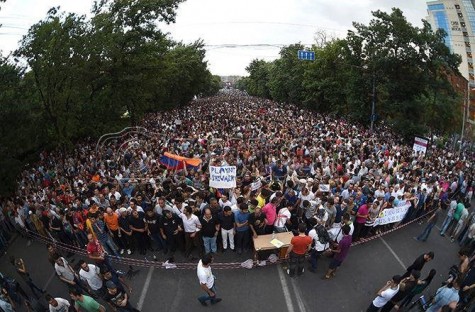 ELECTRICYEREVAN - PROTESTS IN ARMENIA
ELECTRICYEREVAN - PROTESTS IN ARMENIA




























